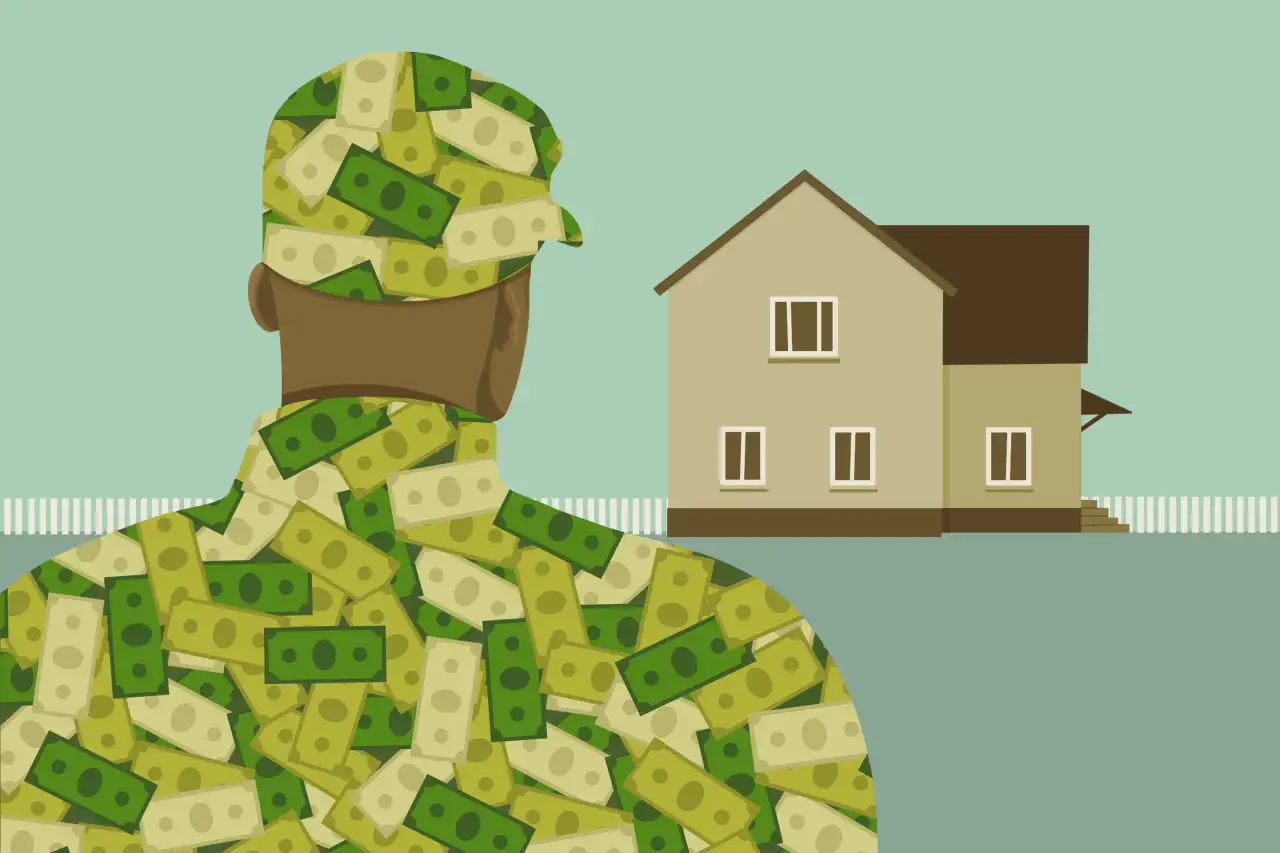On August 10, President Joe Biden signed into law the PACT Act, legislation providing new and expanded medical services and benefits through the Department of Veterans Affairs (VA) for veterans with dozens of serious illnesses caused by exposure to various toxic substances. in military service.
The PACT Act, which covers veterans exposed to chemicals like Agent Orange during the Vietnam War or particulate matter from more than 700 giant burning mines in Iraq and Afghanistan, could cost an estimated $300 billion over the next few years. Unfortunately, the Republicans, who tried unsuccessfully to block PACT's approval, are now trying to use the price of the legislation to counter further expansion of medical care and veterans' benefits.
If Republicans are truly interested in saving money for VA programs, there is actually a way to do it without bypassing the veterans who sacrificed their health to serve our country. Congressional and Virginia leaders will save billions of dollars by quickly reversing the costly and unnecessary transfer of veteran assistance under the Virginia Veterans Assistance Program (VCCP) Mission Law to private doctors and hospitals.
Since the introduction of the VCCP in 2019, spending on private sector services has increased significantly. In the Fiscal Year 2024 budget, the private sector budget grew by 8% in just one year and now consumes almost a third of the VHA's clinical care budget, a trend VA Secretary Dennis McDonough called unsustainable.
What's really unsustainable, if not downright wrong, is spending money on programs like the VCCP that don't live up to their promises of timely and quality veteran care. This is the conclusion reached by a number of university and state studies of the program.
The latest study documenting this failure was published online at JAMA at the end of August. When three researchers analyzed nearly 23 million encounters involving nearly 5 million individual veterans seeking help between January 2018 and June 2021, they found that veterans who referred non-virtual asset service providers experienced longer delays than those who turned to virtual assets for help.
For veterans who wish to make an appointment with a non-veteran state primary care provider, waiting times vary from 50 days in New England to 25 days in the Midwest. Nationwide, VHA primary care waiting times in the private sector were 50.2 days shorter, sometimes significantly, compared to 28.3 days in Virginia.
Psychiatric or specialized care was not faster. In Maryland, DC and West Virginia, private facilities took 65.7 days, compared to 40 days in Virginia. 46.5 days in the Midwest versus 36 in Virginia. Wait times to see a doctor in the private sector ranged from 54.8 days in some Southern states compared to 35.9 days in Virginia to 35.9 days in the Midwest outside of Virginia and 23 days in the VA system.
Research also shows that care provided by non-VA providers may be of lower quality than VA care. Two recent studies by Stanford economists, published in the British Medical Journal (BMJ) and the Bureau of Economic Research, have documented that veterans receiving emergency medical care at hospitals outside of Virginia are nearly twice as likely to die within their first 30 years. it was treated in the hospital.
These studies also highlight a fact that cost-conscious legislators should keep in mind. Prices for treatment in hospitals without veterans assistance were 21% higher than in hospitals with VHA. Why? This is because private providers operating within a commercial system tend to prescribe more costly and sometimes unnecessary interventions and fail to coordinate care constructively. Research shows that a fragmented supply is not only more dangerous, but also more expensive.
Another reason for the rise in VCCP costs is that taxpayers are paying billions of dollars to two private insurers, Optum (a subsidiary of UnitedHealth Group) and the TriWest Health Alliance. Both companies act as Third Party Administrators (TPAs) for the Veterans Community Care Program and receive money from VA to build and train networks of non-VA providers and oversee their billing practices. In FY 2020, 37,900 non-VA healthcare providers billed $39.1 million for patient assessment and administration services that were never actually provided, according to a recent VA OIG survey.
In fiscal 2020, an additional 45,700 providers received $37.8 million in additional fraudulent services. The report concluded that neither Optum nor TriWest provided adequate training and oversight for good billing practices.
The global fight against HIV requires strengthening the US Global Vulnerability Facility.Not surprisingly, since TriWest acted as the TPA for the Veterans Choice program, it ran into an overpayment and was forced to pay the US government $179.7 million to settle the case in 2020.
There is only one way to solve this privatization mess: fully fund and staff the VA to ensure veterans receive quality care in a timely manner. There are almost 60,000 jobs in the healthcare sector. According to a VA official, the agency lacks the funds to fill more than a fraction of these vacancies. This must change now. Money saved from costly outsourcing and unreliable private insurance administrators should be used to fill key VA positions. This ensures that the only healthcare system in the United States dedicated to the complex issues our military veterans face is prepared to support the huge influx of new patients now on the cusp of VA following the passage of the PACT Act.
Suzanne Gordon is a senior policy analyst at the Veterans Health Policy Institute and co-author of a new book, Our Veterans: Winners, Losers, Friends and Enemies in Veterans' New Business Territory.




Post a Comment
Post a Comment